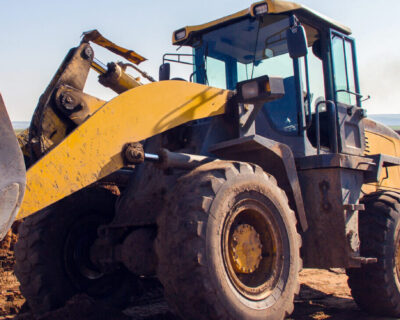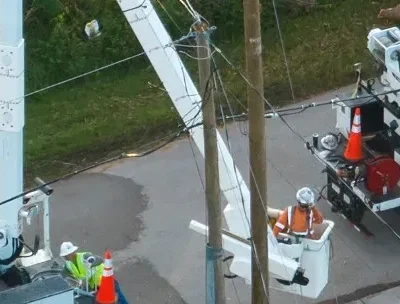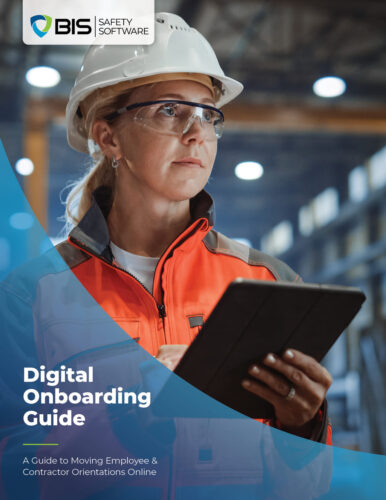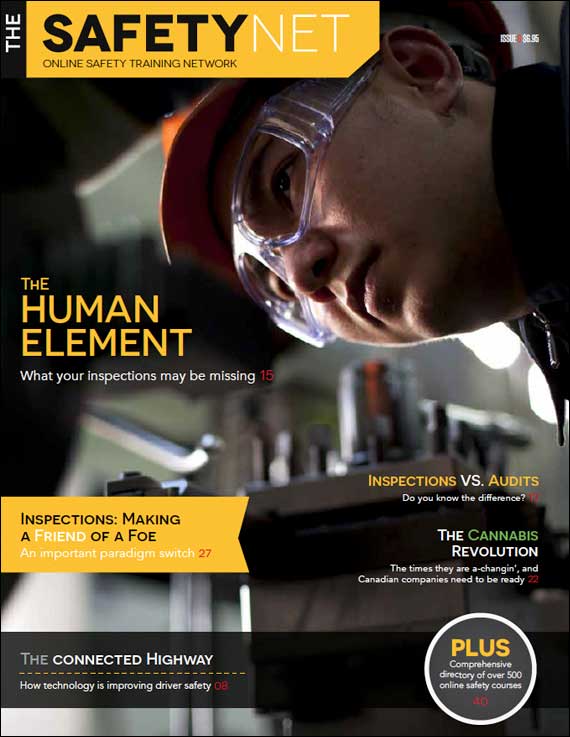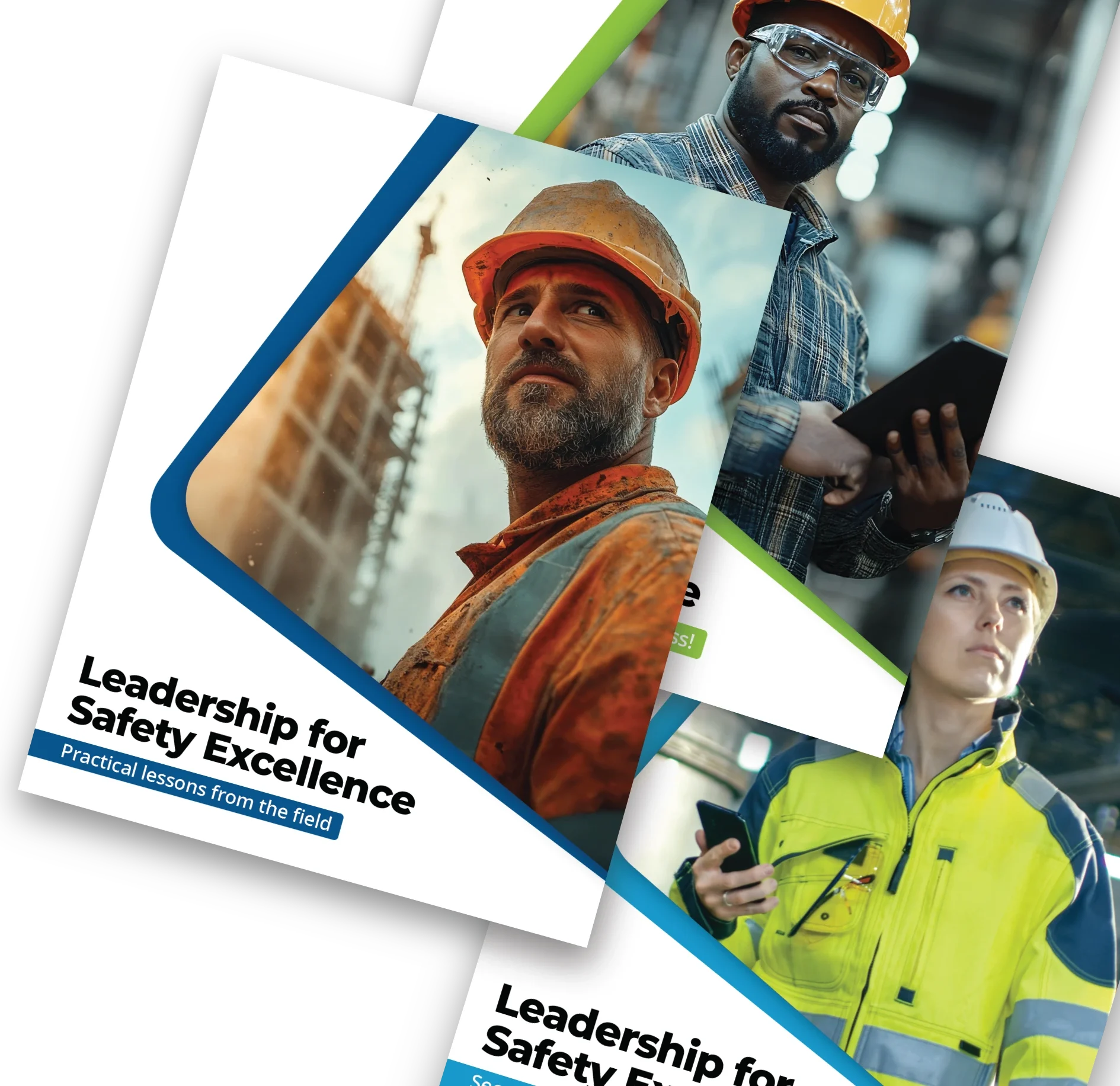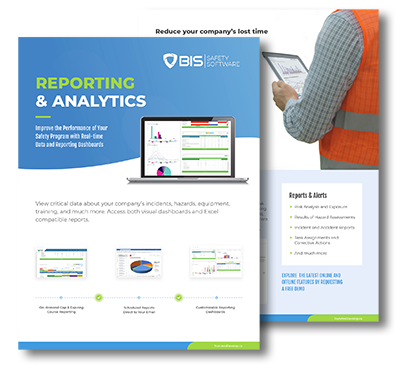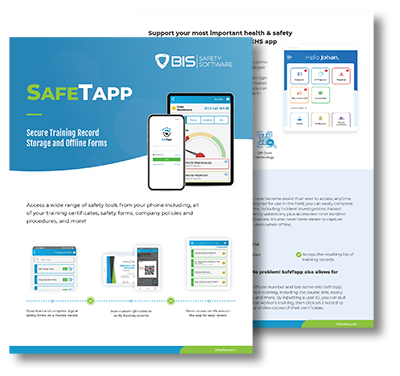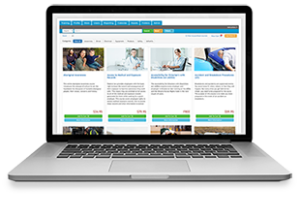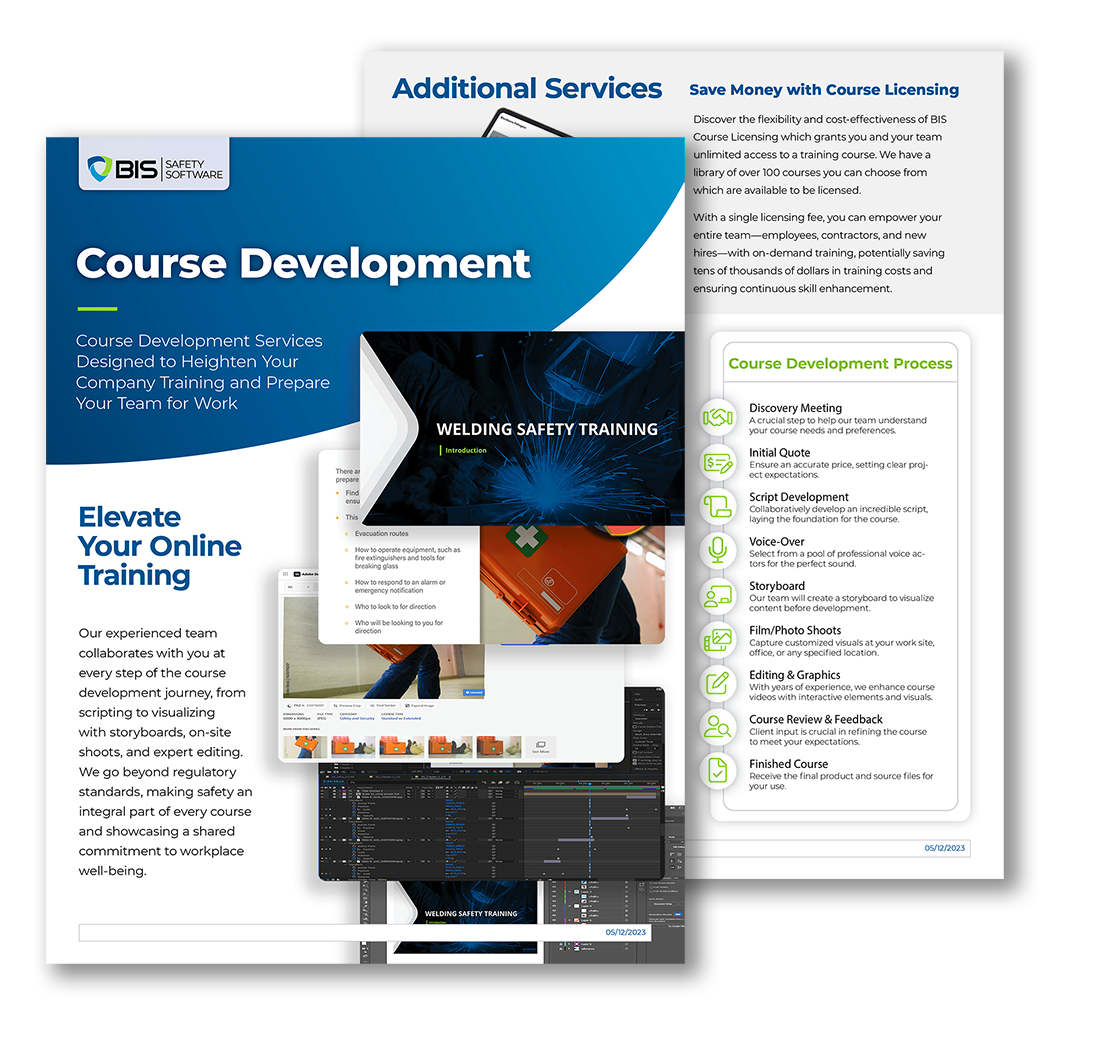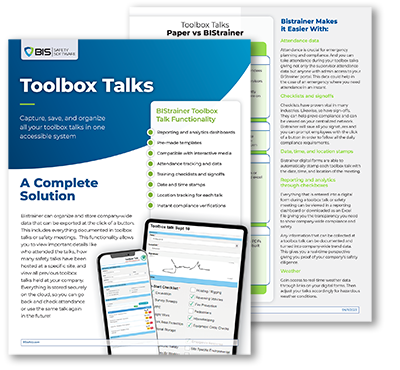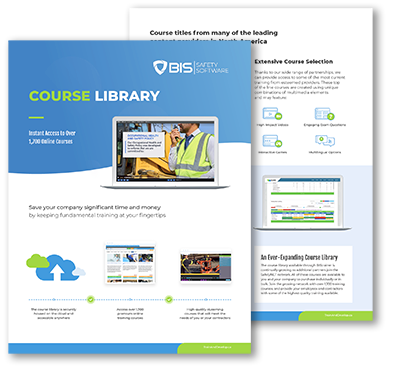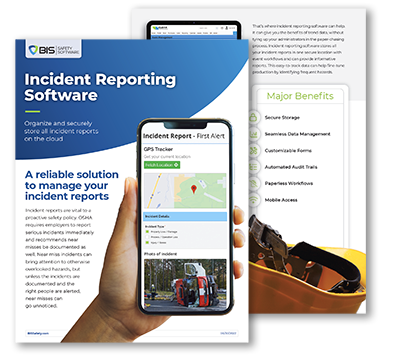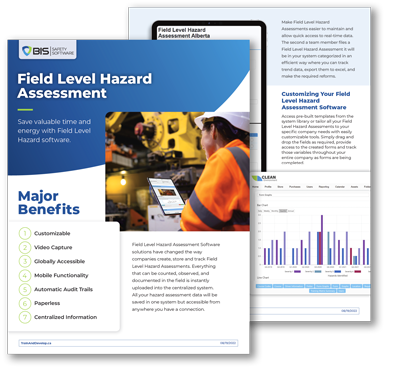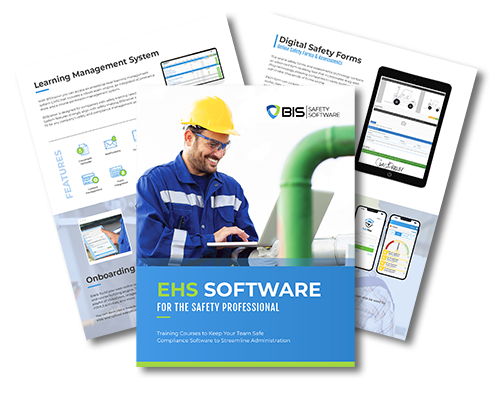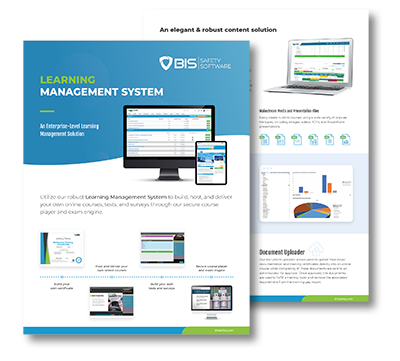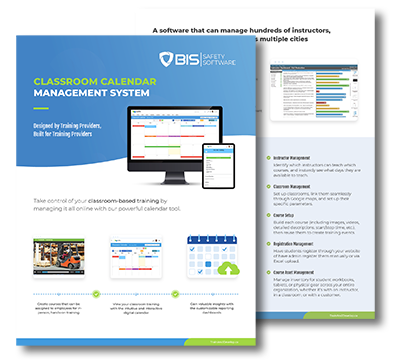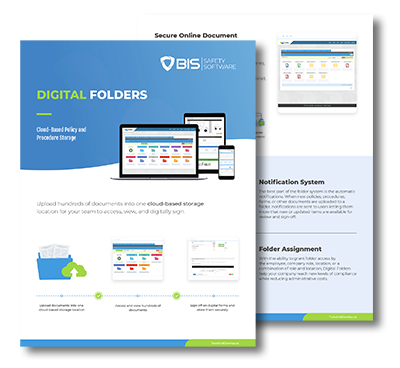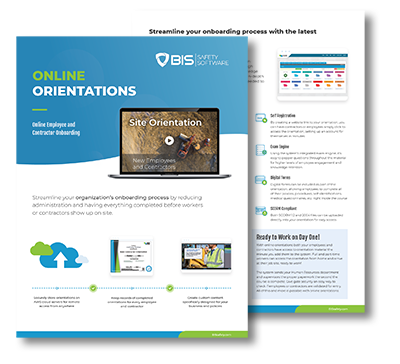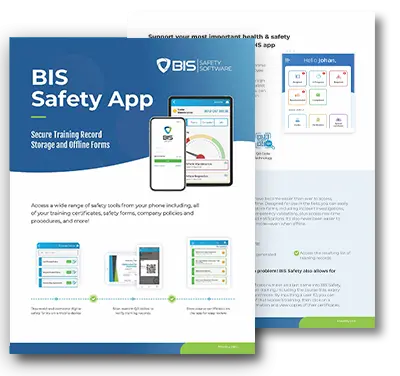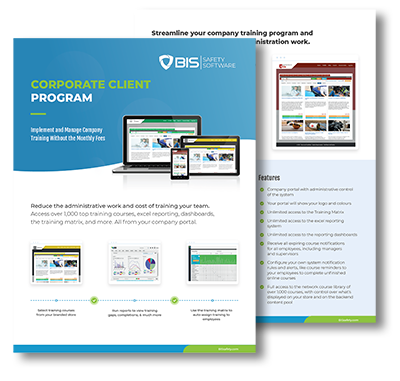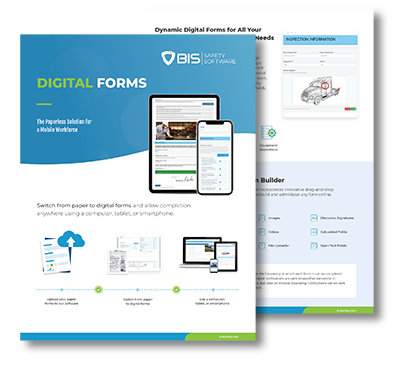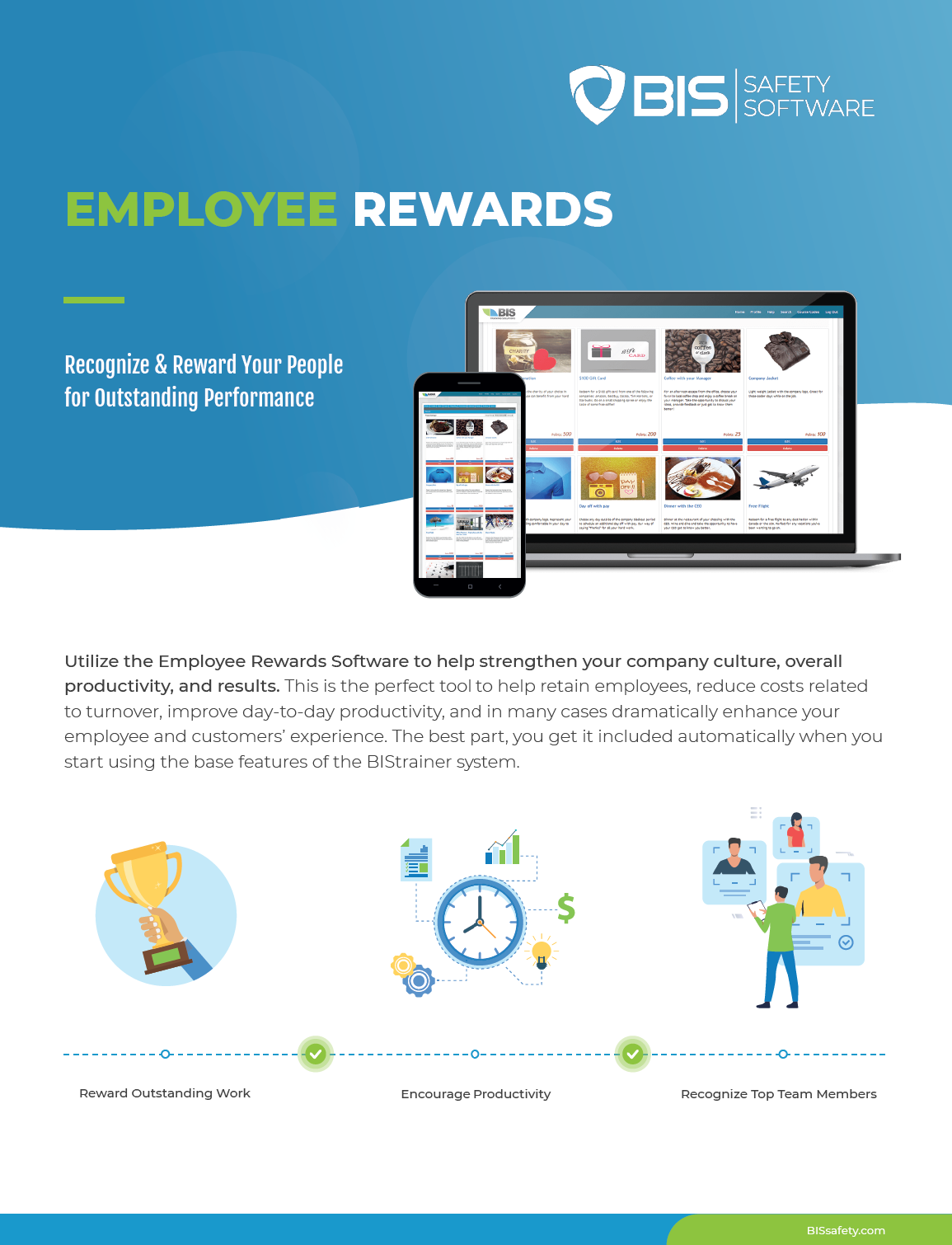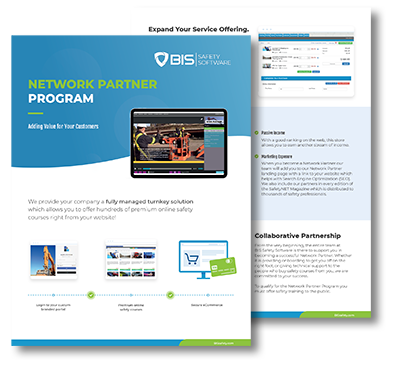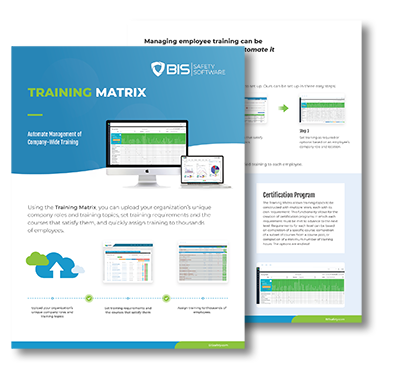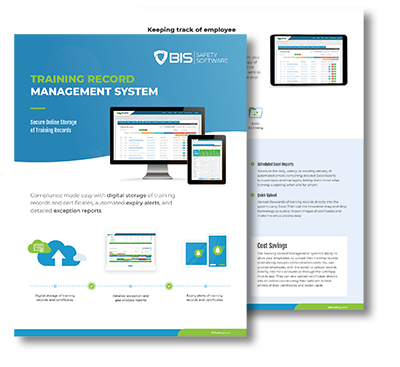
Course details
Sanitary Food Transportation
The Food and Drug Administration (FDA), an agency that carriers and drivers may not be used to dealing with, published the “Sanitary Transportation of Human and Animal Food” rule on April 6, 2016. This rule, published under the Food Safety Modernization Act (or FSMA), requires anyone involved in transporting human and animal food by motor or rail vehicle to follow recognized best practices for sanitary transportation. Such practices include maintaining proper temperatures, adequately cleaning vehicles between loads, and protecting food during transport.
This course is designed to give learners an overview of the FDA's Sanitary Transportation of Human and Animal Food rule. Specifically, it covers all parts of the regulation: general provisions, vehicles and transportation equipment, transportation operations, training, records and waivers.
Note: This course does not cover specifics in regards to food safety problems that may occur during transportation, sanitary practices to address those potential problems, or other specific responsibilities to ensure food safety during transport. Sanitary conditions and controls will vary based on type of food and vehicle used in transportation.
Course Overview
The Food and Drug Administration (FDA), an agency that carriers and drivers may not be used to dealing with, published the “Sanitary Transportation of Human and Animal Food” rule on April 6, 2016. This rule, published under the Food Safety Modernization Act (or FSMA), requires anyone involved in transporting human and animal food by motor or rail vehicle to follow recognized best practices for sanitary transportation. Such practices include maintaining proper temperatures, adequately cleaning vehicles between loads, and protecting food during transport.
This course is designed to give learners an overview of the FDA's Sanitary Transportation of Human and Animal Food rule. Specifically, it covers all parts of the regulation: general provisions, vehicles and transportation equipment, transportation operations, training, records and waivers.
Note: This course does not cover specifics in regards to food safety problems that may occur during transportation, sanitary practices to address those potential problems, or other specific responsibilities to ensure food safety during transport. Sanitary conditions and controls will vary based on type of food and vehicle used in transportation.
After completing this course, learners will be able to:
- Identify who is subject to the Sanitary Transportation of Human and Animal Food rule
- Explain the requirements for vehicles and transportation equipment along with transportation operations
- Apply general best practices for sanitary transportation
- Discuss training requirements, record retention and waivers
Under the new rule, drivers transporting food must receive training that covers:
- How to identify potential food safety problems that may occur during transportation
- Basic sanitary food transportation practices
- The requirements of the food DOT safety regulations
Topics Covered
- General Provisions
- Regulations
- Exceptions
- Vehicles & Transportation Equipment
- Transportation Operations
- Training, Records & Waivers
This course takes approximately 20 minutes to complete
A passing grade of 80% or higher required. Up to 3 attempts are provided.
A certificate will be provided upon the successful completion of this course




